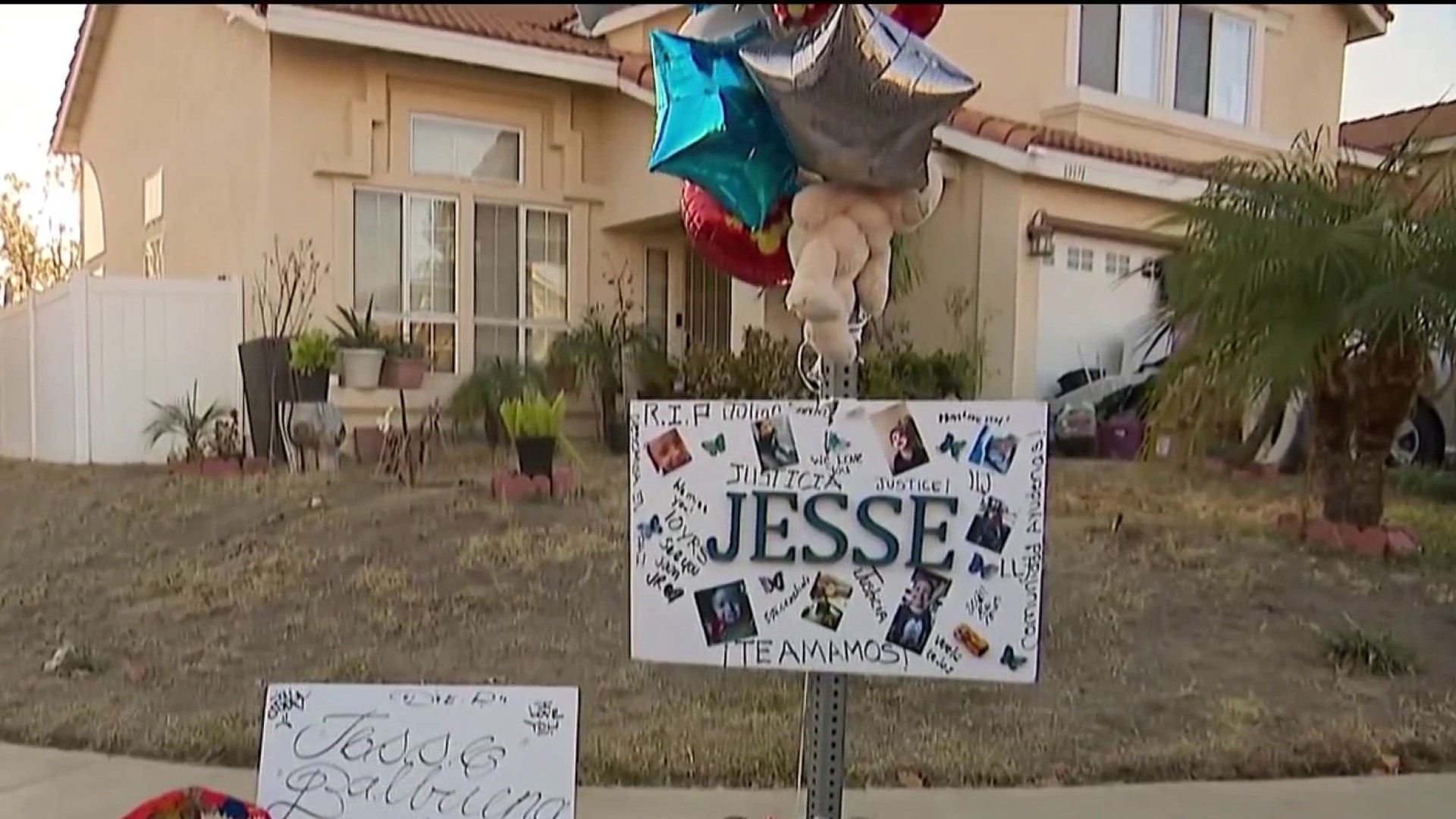Los Angeles Mayor Eric Garcetti announced Tuesday the release of the Zero Emissions 2028 Roadmap 2.0, a strategy to help accelerate the reduction of carbon emissions.
The roadmap is a product of a partnership between the mayor's office, Los Angeles County, the California Air Resources Board, automakers, labor groups, industry partners and cities across the county.
"We can't turn the tide on the climate crisis until we work across sectors and city limits to put the brakes on dangerous pollution and kick our zero-emissions transportation future into high gear," Garcetti said. "The roadmap charts a course toward a cleaner transit network and draws up a blueprint for cities worldwide to follow."
The partners have committed to working collectively to achieve a 25% reduction in greenhouse gases and air pollution beyond existing commitments by 2028, according to Garcetti's office.
The targets of the program include:
- Making 30% of all light-duty passenger vehicles on the road electric-powered,
- Ensuring 40% of all drayage and short haul trucks and 60% of medium duty delivery trucks will be electric-powered,
- Making a total of 84,000 public and workplace chargers available for single-occupancy vehicles and 95,000 available for medium-and heavy-duty trucks; and
- Reducing single-occupancy by 20% and using zero-emission public transportation, bikes, or other active transportation options.
Partners in the roadmap will work to investigate and test new smart-grid technologies to prepare for the large-scale adoption of electric vehicles.
News
Top news of the day
They will also create zero-emission programs for low-income communities and work with the Los Angeles Department of Water and Power to identify opportunities to accelerate the installation and permitting of EV charging infrastructure.
"Clean air is a critical issue for all of us, especially the communities that have shouldered the burden of our transportation system and the harmful air pollution that it creates," county Supervisor Janice Hahn said.
More information on the Zero Emissions 2028 Roadmap 2.0 can be found here.



